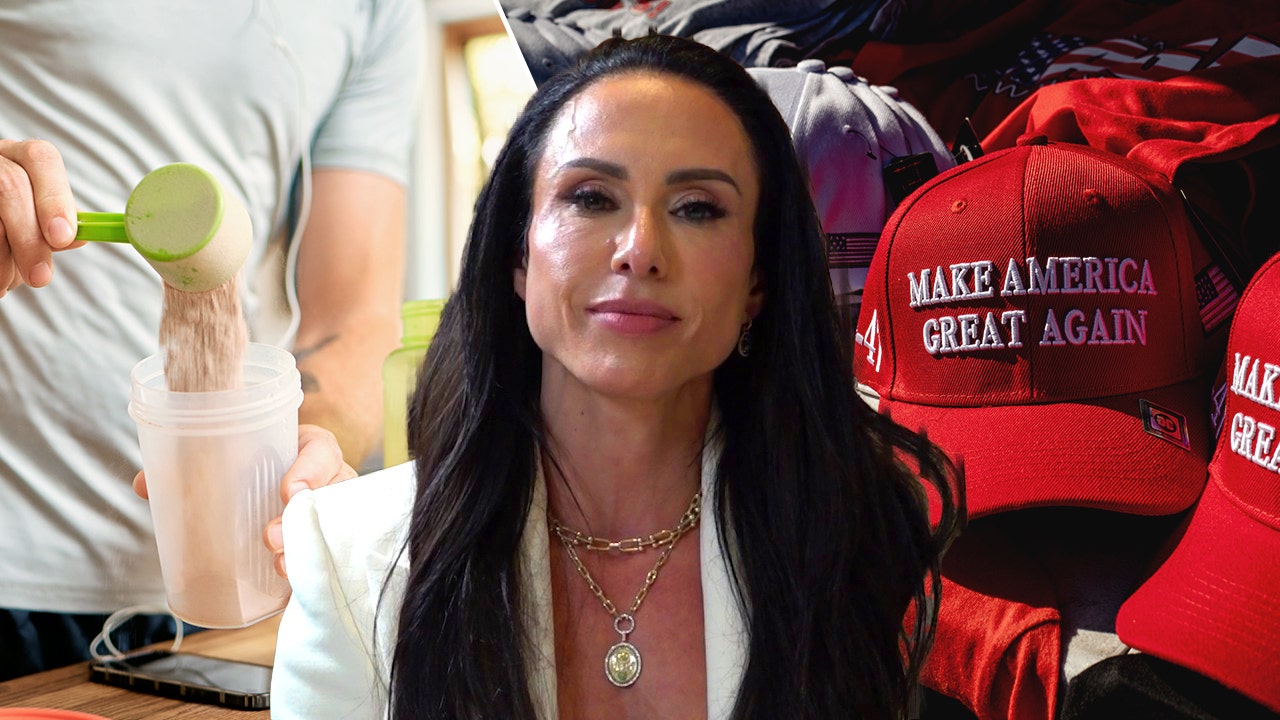Is Biden Fit for Office? A Look at Presidential Health Secrecy and Media Skepticism

President Biden's age and occasional public stumbles have sparked renewed scrutiny regarding his health and fitness for office. While it's natural to question the stamina required of a president, a deeper look reveals a long-standing pattern of presidential health secrecy that should prompt greater skepticism – not just from the media, but from the American public as well.
Throughout history, presidents have routinely downplayed or concealed health issues from the public. From Franklin D. Roosevelt's polio, kept largely hidden during his presidency, to Dwight D. Eisenhower's heart attack, disclosed only after the fact, the practice of shielding the public from presidential health vulnerabilities is deeply ingrained. Ronald Reagan's Alzheimer's diagnosis wasn't revealed until long after he left office, further illustrating this pattern.
Why this secrecy? The reasons are complex but often boil down to maintaining an image of strength and stability. A president perceived as frail or unwell could be seen as vulnerable on the world stage, potentially impacting national security and economic confidence. Furthermore, there are constitutional questions surrounding presidential disability and succession, which can be politically sensitive to address.
However, the public has a right to know if a president is physically and mentally capable of fulfilling the demanding responsibilities of the office. While respecting a president's privacy is important, transparency regarding health, particularly when it could affect their ability to govern, is paramount.
The media plays a crucial role in holding presidents accountable on this front. Historically, however, coverage of presidential health has often been handled with kid gloves, driven by deference to the office or a reluctance to be perceived as overly intrusive. But in an era of heightened political polarization and increasing public distrust, a more critical and inquisitive approach is needed.
This isn't about engaging in speculative gossip or exploiting personal medical information. It’s about asking informed questions, demanding clear answers, and scrutinizing the evidence presented. It's about ensuring that the person leading the nation is demonstrably fit to handle the immense pressures and responsibilities of the presidency.
The current climate demands a shift in how the media approaches presidential health. Rather than passively accepting official pronouncements, reporters should proactively seek independent verification, consult with medical experts (while respecting patient confidentiality), and rigorously examine any evidence that could impact the president's ability to lead. The American public deserves nothing less.
Ultimately, the responsibility for transparency rests with the president and their administration. Openness and honesty about health concerns, within reasonable boundaries of privacy, can build trust and reassure the public. Secrecy, on the other hand, breeds suspicion and undermines confidence in the leadership of the nation.





